Only a few weeks before I turned 13, I was flown to Lake House Academy in North Carolina. I have to admit that I was excited. I thought I was going to finally get the therapy, support, and education environment I needed to work through my depression and anxiety. My parents hugged me goodbye and I was on my own.
The first abusive tactic I endured at LHA was starvation. There was barely any food on our plates, sometimes as little as a spoonful full of brown rice and a piece of broccoli. No sugar, not even fruit, was permitted. I became underweight and sick quickly. I complained to the staff, still believing they were there to help.
That night at dinner, I was locked out of the dining room. “This is what happens when you aren’t grateful,” a staff member said through the clear door. In desperation, I banged hard on the door, sobbing. A panic attack was rising. Two staff tackled me to the ground. A large woman sat on top of me. The other staff twisted my wrists behind my back. The pain was horrible. I cried for my parents.
My panic attacks became much more frequent. I was restrained brutally nearly every day for hyperventilating or crying. The program drugged me heavily with PRN Xanax up to five times daily, putting me in constant sedation. A staff once proceeded to tackle me to the ground after I was drugged. I was seriously bruised and could not walk from the incident.
Before every phone call, my therapist told me I could only express positive emotions and I could not discuss any incidents with staff or else I would lose all communication. The strong relationship I once had with my family was destroyed. Every therapy session my therapist reminded me I would have to stay at LHA for at least another two years. She made sure I was aware that all my visits were susceptible to cancellation if I misbehaved.
After three months at LHA, I attempted suicide. This led to me being sent away to Utah Neuropsychiatric Institute (UNI) now known as the Huntsman Mental Health Institute. My stay at UNI’s adolescent Comprehensive Assessment Treatment (CAT) program lasted nine weeks. At UNI, I witnessed teen girls being sexually assaulted by male nurses and psychiatrists. The use of seclusion, mechanical and chemical restraints were frequent and abusive.
UNI operated on a level system. On red, you can not have any phone calls, visits, must wear scrubs, and you may not leave your room during free time. Yellows are permitted phone calls, visits, free time, and access to the courtyard. On green, all yellow privileges apply with the addition of MP3player use.
There is also another level called insight. My fear of insight was the sole reason I did so well in the program. On insight 1 you are locked in an empty seclusion cell for days to weeks with no human interaction. Meals without utensils are slipped under the door. A staff member monitors the cell from a security camera. On insight 2, you are locked in your bedroom. You are forced to write essays about why you are on insight and take responsibility for any actions that impacted you even if they were not your own. My therapist threatened me with insight on multiple occasions. Fear of her threat led me to become the most highly regarded patient on the unit. I never spoke, except when asked a direct question. I never smiled, laughed, or cried. I never did anything unless told. I was a shell of the kid I used to be.
After two months at UNI, I was told I was being discharged to an RTC in Arizona, Sedona Sky Academy (previously Copper Canyon Academy). I was optimistic when hearing they had equine therapy and an accredited school program. A few days later, two transporters showed up to escort me to the program.
Sedona Sky was a traumatizing experience. My peers and I were psychologically abused by the therapists. We were constantly strip-searched. Photos were taken by the nurses of our naked bodies. On weekends we were forced to clean and fix the dorms for hours. When you made any mistake, you would receive community service. During community service, kids would have to pull weeds, rake sands, fix fences, and complete all sorts of manual labor in the desert heat.
During group therapy, we were forced to play a game called “Hot Seat.” In this game one girl sat in a chair “the hot seat” while everyone else was given a turn to insult, berate, or comment on anything about the girl from her diagnosis to her appearance. The therapists claimed that playing Hot Seat would strengthen the SSA community. This was a lie.
After a particularly hard week, I was called into the lead therapist’s office. This encounter changed me for life. I was accused of faking my illness for attention. The therapist proceeded to say she could send me to a hospital where I’d be locked up and my parents wouldn’t help me. She explained I would never be able to rejoin society because “my type” weren’t really people. I was told she canceled my upcoming visit and I wouldn’t see my parents until I graduated which wouldn’t be for another five years. I tried to argue through hiccuping sobs. I told her my parents wouldn’t let any of those things happen. She replied with “I make the decisions.” This was a lie. My parents still had full custody.
I was expelled from the program. My parents took me home. I lost a year of my life. Some nights I wake up from a flashback sweating and tangled in my sheets. I am still working through the trauma. Many good friends have provided safe spaces for me to discuss my experience. I am grateful for all of these kind people. I know my memories will never leave me, but I hope one day I remember the programs are my past. I have a blank future waiting to be written.


